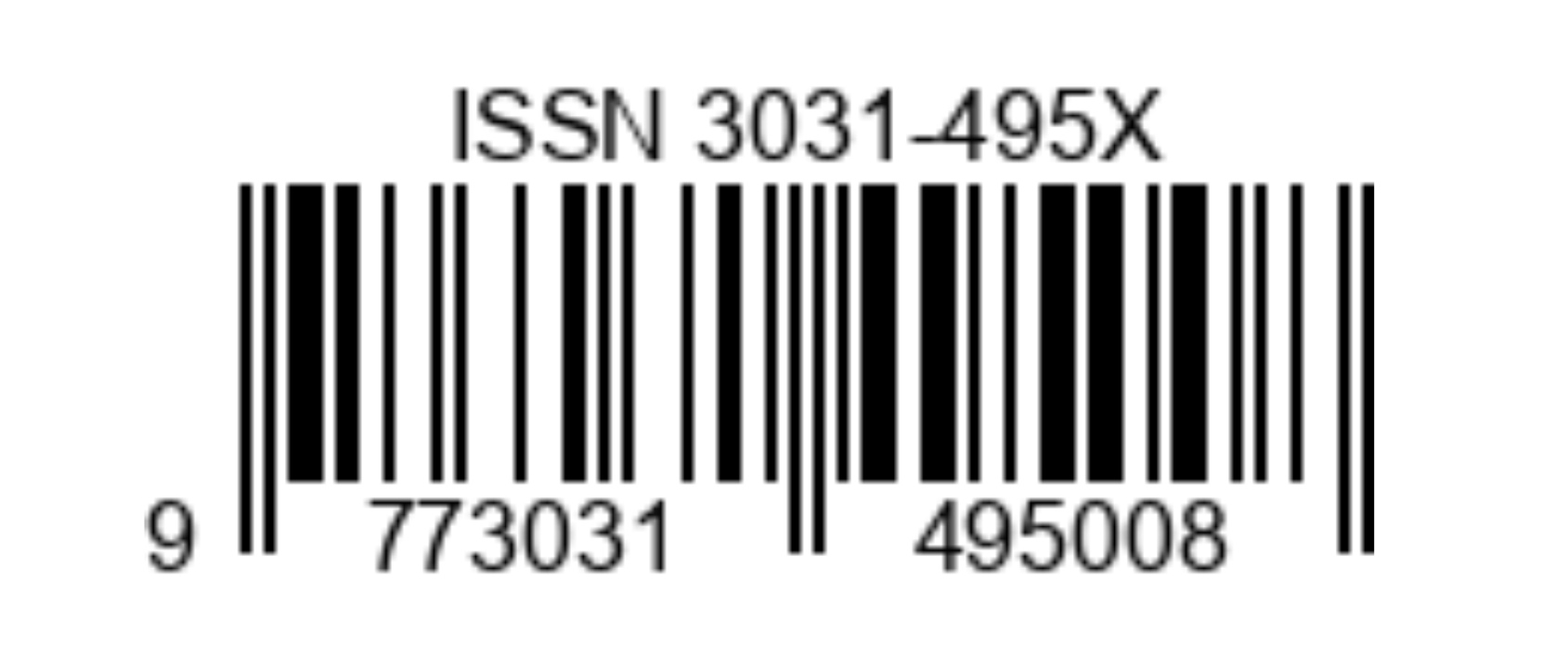Inclusive Workplace for Sustainable Empowered Disabilities
Abstract
Law Number 8 of 2016 concerning Persons with Disabilities contains the right to get a job and decent life. It is strengthened by the Decree of the Minister of Manpower of the Republic of Indonesia No. KEP-205/MEN/1999 requires companies hiring persons with disabilities at a minimum of 1% of the total employees. It can be seen a number of initiatives carried out by the private sector. This article aims to describe the initiatives undertaken by the private sector developing an inclusive workplace. The companies as the object of research are Finrev Consulting and Pixel Komunitas. The method used is descriptive qualitative. Authors use interviews, observations and documentation for data collection. The research focus and the efforts that have been and are being carried out by the companies. Evoke obstacles, opportunities and threats with the environment inclusive work. It reflects from both sides: employers as well as workers. The basis for the analysis is the Guidebook for Equality and Inclusivity in the Workplace released by the Ministry of Manpower and Indonesian entrepreneurs association (APINDO) in 2020. It provides tools how companies internalize an understanding of equality and inclusiveness of the world of work, provide reasonable accommodation, policy availability and practices and culture supportive work for the disabilities and the provision of conflict resolution mechanisms. The results of the study show that the implementation of the quota policy for disabled for private has not run optimally. Conclusion some issues still come up from entrepreneurs, such a minimum understanding of the importance of an inclusiveness, the advantages of occupying the disability. Meanwhile, from the worker's is the ability of soft skills and hard skills still need to be improved. The conclusion is a mutual collaboration between the government, private sector and non-profit organizations will lead an effect on increasing rate of work participation.










